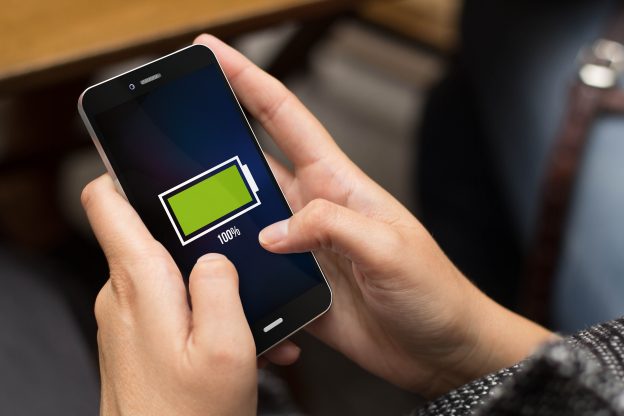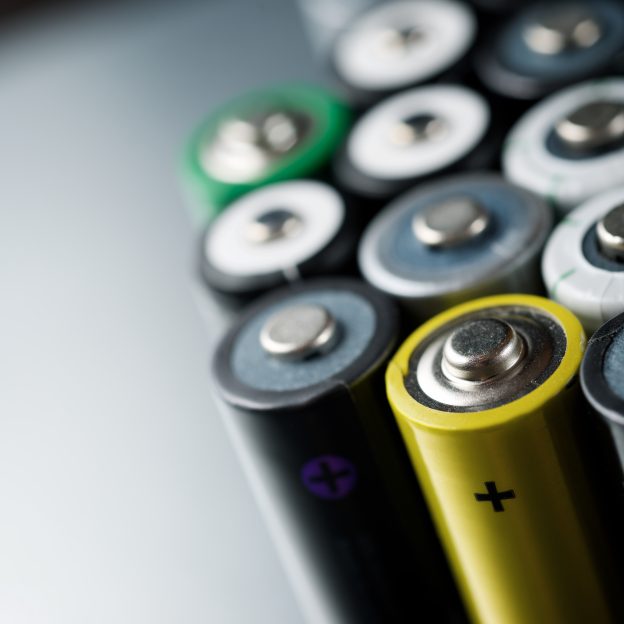Gigafactory, a joint venture of Tesla and Panasonic, was rumored to produce less than expected. Panasonic was forced to allocate its battery capacity in Japan to fulfill demand from Tesla. Thus, Panasonic's output shortage intensified. Customers turned to Korean manufacturers for securing battery supply. Capacities of Samsung SDI and LG Chem were both fully booked, so they intended to expand capacities.
Korean media BusinessKorea and Investor quoted industry observers as follows. Because Gigafactory is powered by solar energy which is not stable in Nevada, USA, Gigafactory production schedule was delayed.
Even though Tesla tried to seek electricity supply from local grid, the Gigafactory is located in a desert where it is not easy to transmit electricity. Hence, normal production in the Gigafactory is hard.
As a result, Panasonic's cylindrical battery factories in Japan have supplied 100% to Tesla. Panasonic have not been able to take care of other customers' orders. Then these customers could not help but transfer their orders to other suppliers.
Sources revealed, Samsung SDI's battery factories in South Korea, China and Malaysia all operate at full utilization rates. This status has lasted for several months. Considering the surge of demand, Samsung SDI plans to add new production lines in its existing factories. However, the details will be not finalized until further market demand is clearer.
The market speculated that Samsung SDI will modify existing 18650 battery production line into a new 21700 battery production line. 21700 is a type of cylindrical battery. It can store 50% more power than previous version 18650 battery can. That was why Tesla Model 3 (a price-friendly version of Tesla EV) specifically requests to use 21700 battery.
Tesla's demand is enormous, so most of global 21700 battery supplies to Tesla. In an urgent under supply, Samsung SDI and LG Chem both plan to expand capacity to fulfill the hiking demand.
South Korean battery factories' sales have risen significantly. Back in 2016, these two Korean battery manufacturers were ranked at 6th~10th positions globally. In 2017, these two entered the top five worldwide. According to SNE Research's statistics, LG Chem and Samsung SDI ranked as the fourth and fifth place, respectively on its global EV battery shipment ranking list in 2017.
(Image: Samsung SDI)
Tesla's Enormous Demand Made Cylindrical Battery Undersupplied |
| published: 2018-02-16 12:42 |







